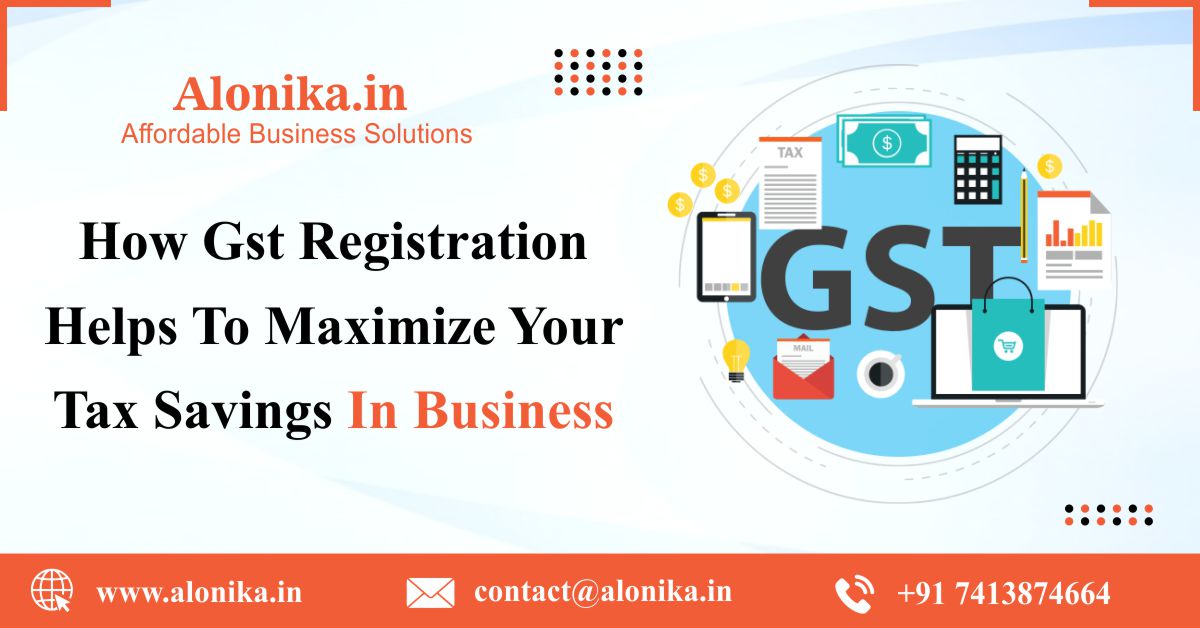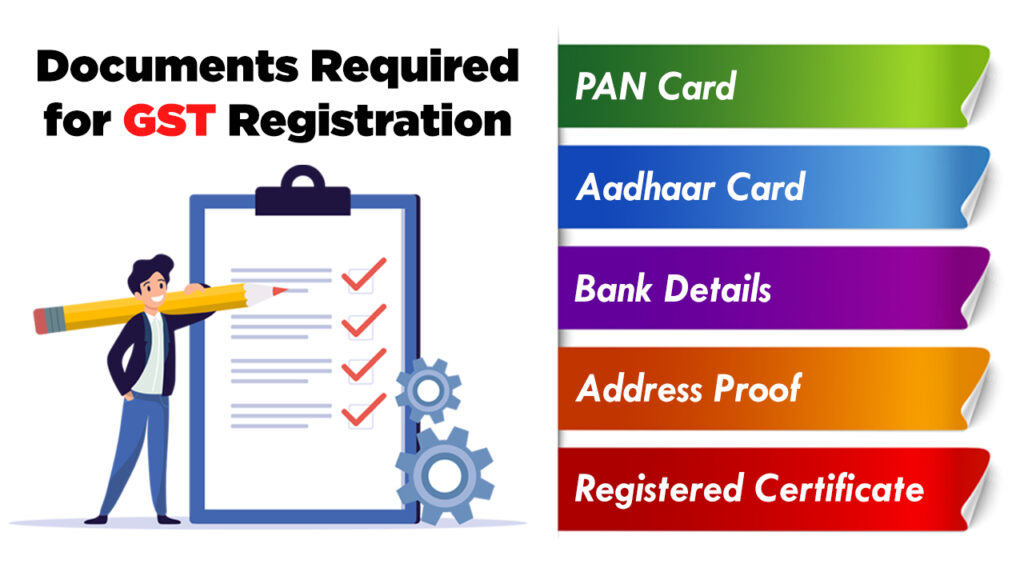Recognizing the Perks of the Best GST Registration Services in Singapore
Recognizing the Perks of the Best GST Registration Services in Singapore
Blog Article
From Beginning To End: The Ultimate Roadmap to GST Registration for Businesses Seeking Financial Security
Navigating the intricacies of Goods and Solutions Tax Obligation (GST) registration is an essential action for services aiming for monetary stability. From understanding the fundamental principles of GST to abiding by post-registration standards, the procedure can seem discouraging at initial glance. Breaking down the roadmap into workable actions can improve the enrollment journey for companies looking to improve their financial standing. Allow's discover the crucial parts that make up this utmost roadmap and uncover just how each phase adds to laying a solid foundation for economic success.
Understanding GST Essentials
Digging right into the fundamental principles of Product and Solutions Tax (GST) is vital for acquiring a comprehensive understanding of its implications on businesses and the economy. Input Tax Credit (ITC) is a considerable function of GST, allowing companies to claim credit scores for taxes paid on inputs, decreasing the overall tax obligation burden. Understanding the essentials of GST is critical for businesses to conform with tax obligation laws, handle their financial resources successfully, and contribute to the nation's economic growth by getting involved in a clear tax system.
Qualification Requirements for Enrollment
To sign up for GST, organizations have to fulfill certain qualification standards developed by the federal government. The key qualification requirement is that any service included in the supply of goods or solutions with a yearly aggregate turn over above the threshold limitation set by the authorities should sign up for GST. As of the present policies, the threshold limit for GST registration is a yearly accumulation turn over of 40 lakhs for businesses operating within a state, besides special classification states where the limit is 20 lakhs. In addition, particular companies are needed to sign up for GST irrespective of their turnover, such as interstate providers, laid-back taxed individuals, and organizations liable to pay tax obligation under the reverse fee system. It is critical for services to thoroughly evaluate their turnover and deal types to identify their GST registration responsibilities accurately. Failing to register for GST when eligible can bring about penalties and lawful consequences, making it essential for businesses to follow the defined qualification criteria.
Records Required for Enrollment
Having met the qualification standards for GST enrollment, services should now guarantee they have the requisite records in place to continue with the enrollment process successfully. The records needed for GST enrollment normally consist of evidence of organization constitution, such as partnership deed, enrollment certificate, or unification certificate for various kinds of businesses. In addition, companies require to provide records establishing the major place of look at this website organization, such as a rental contract or electrical energy bill.
Step-by-Step Registration Process
Commencing the GST enrollment process includes a collection of organized actions to ensure a smooth and certified enrollment for services. The initial step is to visit the GST site and fill up out the registration form with precise information of business entity. Following this, the candidate obtains a Temporary Referral Number (TRN) which is used to return to the application procedure if it's not completed in one go.
Following, all required records as per the checklist given by the GST portal demand to article source be published. These documents typically include evidence of service enrollment, identity and address evidence of promoters, monetary declarations, and company entity's PAN card.

Post-Registration Compliance Standards

Final Thought
In final thought, businesses seeking economic security has to comprehend the essentials of GST, satisfy qualification standards, gather needed papers, follow the step-by-step registration process, and abide by post-registration guidelines - Best GST registration services in Singapore. By adhering to these actions, organizations can make sure conformity with tax guidelines and preserve monetary stability in the long run
In addition, specific services are required to register for GST irrespective of their turnover, such as interstate suppliers, informal taxable persons, and businesses responsible to pay tax under the reverse fee system.Having actually fulfilled the qualification standards for GST registration, services need to currently ensure they have the requisite documents in location to continue with the enrollment process successfully. The files needed for GST registration generally consist of proof of business constitution, such as collaboration act, enrollment certification, or unification certificate for various kinds have a peek here of services. Furthermore, organizations need to provide documents establishing the major place of organization, such as a rental arrangement or electricity costs.Starting the GST enrollment process involves a series of organized steps to make certain a certified and smooth registration for organizations.
Report this page